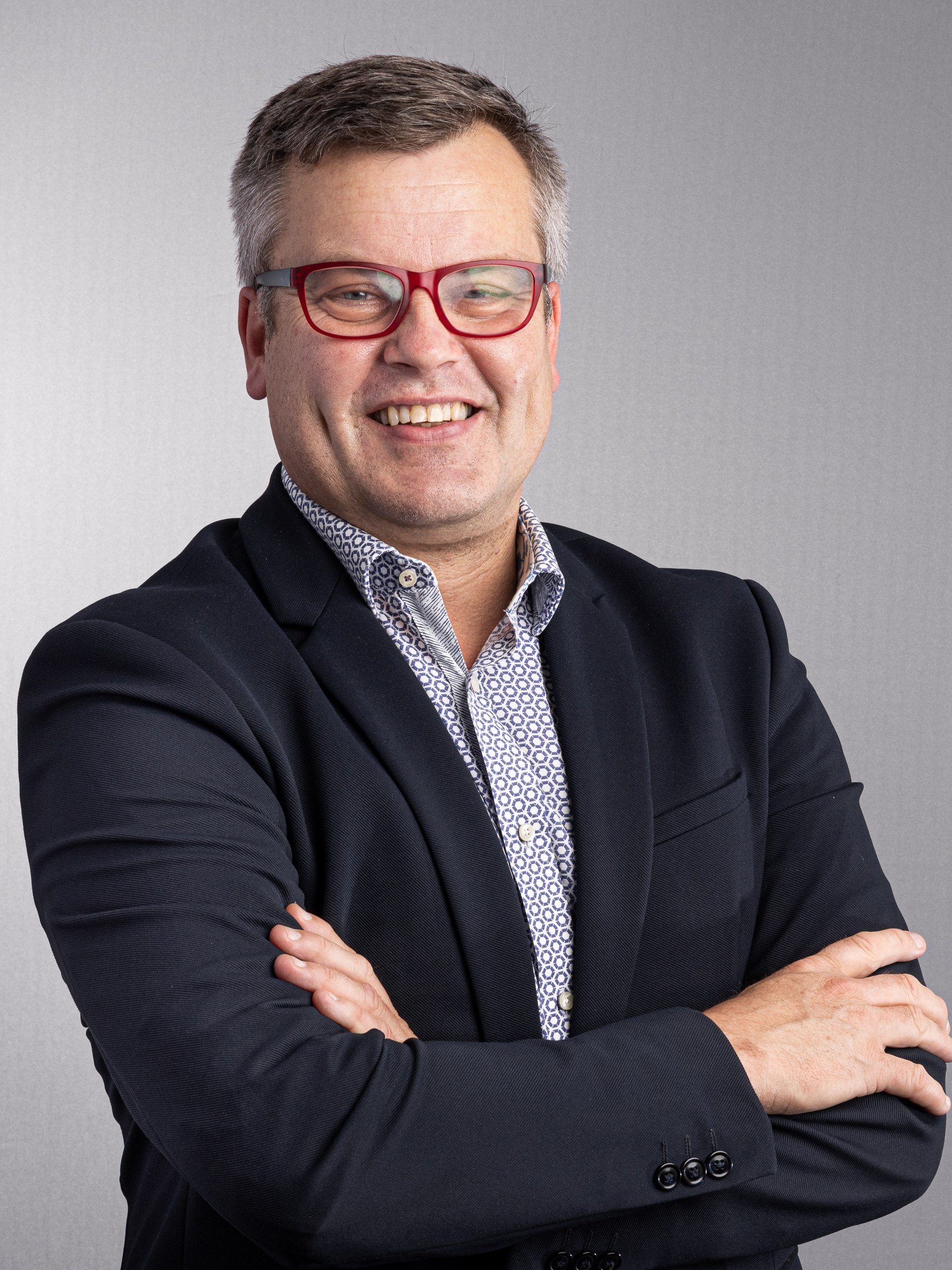
New COSA president Associate Professor Dion Forstner
Radiation oncologist Associate Professor Dion Forstner has stepped into the COSA presidency at a time when the multidisciplinary nature of the Society has never been more valuable and a cohesive voice never more important.
He spoke to the limbic just after the launch of the draft Australian Cancer Plan at the COSA ASM 2022 – a meeting themed around equitable cancer care and focused on lung cancer at a time when a national lung cancer screening program is tantalisingly close.
Associate Professor Forstner, who specialises in head and neck cancer, said one of the joys of his professional life is practicing multidisciplinary care and within that the relationships formed with other team members including dietitians, speech pathologists, radiation therapists and nurses.
“And the bottom line is that the time a doctor spends with a patient is short…just a snapshot of the time that the patient is receiving care…so multidisciplinary care is just fundamental to giving the best care to our patients.”
“The great thing about COSA is that it represents all of those groups involved in cancer care.”
He said COSA will clearly have a critical role in the Australian Cancer Plan given its members are the people who are going to deliver the care that’s required.
“I don’t think the Australian Cancer Plan can be implemented unless influential people in the COSA membership support it.”
Sydney-based Associate Professor Forstner considers himself collaborative by nature – an attribute he says is shared by many COSA members.
“I’ve always been about trying to look out for and build the people around me. I’m not in these things for the limelight…it’s about supporting people with good ideas…and ensuring there’s a culture in which we all work well together.”
“I see in COSA a great board, a great council, and all of these different groups that want to work together. So it is collaborative people that come together in COSA. It’s not people in their site specifically trying to build their empire.”
“I don’t want to create a legacy… of my time as the president of COSA but I would like to do work that continues on afterwards.”
He has some street cred as a former Dean of Faculty of Radiation Oncology at the Royal Australian and New Zealand College of Radiologists and was heavily involved in the MBS Review Taskforce.
Associate Professor Forstner is also a director on the board of Head & Neck Cancer Australia.
He said one of the challenges he faced in the MBS Review process was in bringing colleagues from the public and private sectors together.
“Neither respected each other in the radiation oncology space, and now I think it’s better than it has been. And that’s just from the process of going through the MBS Review together and having to be heard but also calling out where there was behavior that was unacceptable and pointing out to them the bigger picture which is ‘you’ve got to work on this together or it will result in a bad outcome’. It’s just building relationships and bringing them together and I mean… we should be good communicators as oncologists.”
He says COSA has done important work across issues such as cancer survivorship, exercise and nutrition in cancer, and teletrials.
And while most of its focus is around treatment and survivorship, Associate Professor Forstner said COSA can have an increasing role around advocacy for prevention initiatives such as control of e-cigarettes and for screening.
He said COSA was very supportive of a national lung cancer screening program.
“Australia has taken a long time to come to the position where in fact now, it’s been very well considered. I remember I used to treat lung cancer and in 2003 I went to an international meeting in Vancouver and heard heated debates about screening there. So we are 19 years on from there… we’ve been slow but that probably means we’ve got a program that is going to really be the right one.”
He said the health inequities between Indigenous and non-Indigenous Australians were particularly apparent in lung cancer where it had been much harder to get the Indigenous smoking rates down and mortality rates had not even peaked.
“So, we must do it…[even] if you just implemented it in the Indigenous communities to start with, but it has to happen.”
He said lung cancer screening would be expensive and it may be that money would have to shift from some other cancers with better outcomes.
“I think it would be hard not to support some movement [of funds]… removing a small amount from where it’s unlikely to impact on survival to where we’ve got so much work to do.”
He said in terms of supporting its membership, COSA had the opportunity to provide more pan-cancer events, for example in geriatric oncology. There was also the opportunity for more mentoring and support for young COSA members.
“Hopefully we can get back to doing more educational events, yes the ASM, but also other ones where we can target people earlier in their career and really promote the membership …our benefit and how we stand out.”
He acknowledged the leadership of his predecessor Professor Fran Boyle in her role as COSA president during “the toughest of times” without the benefit of face-to-face meetings and support.